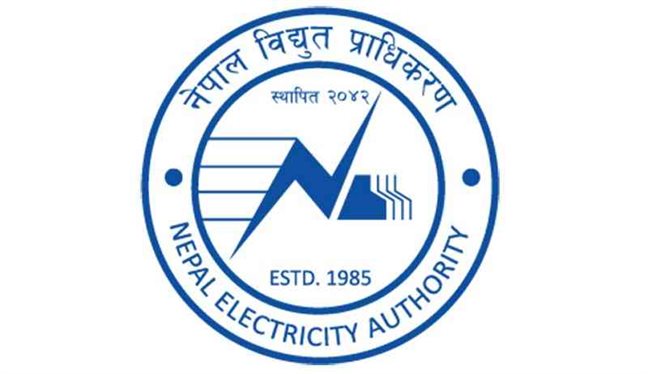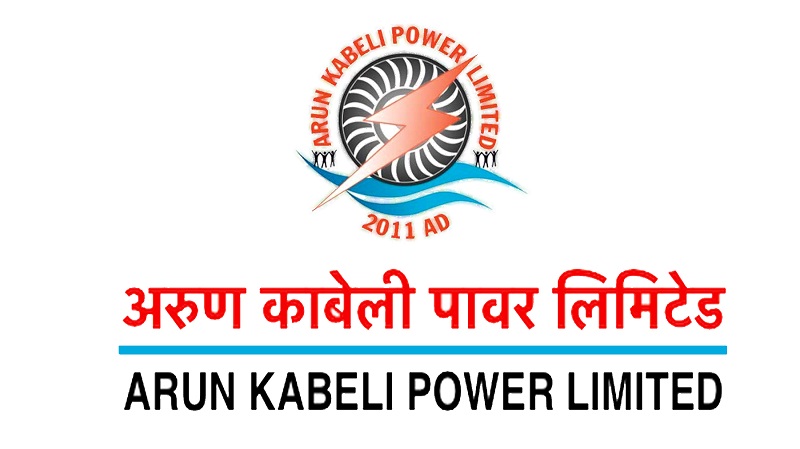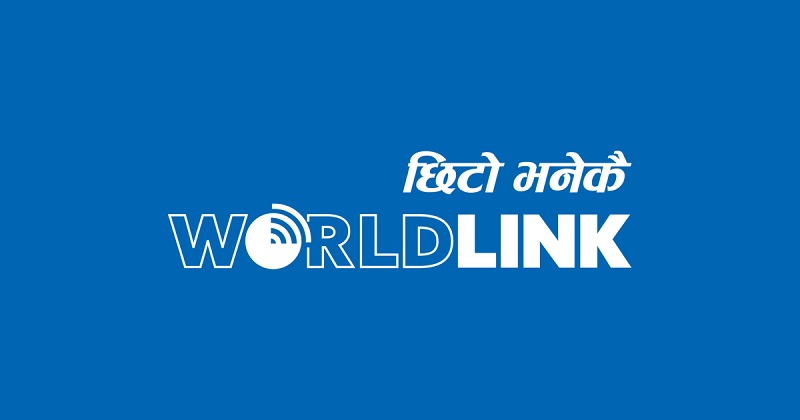NEA Remove the Q40 Standard in Hydropower Aiming for the Q25 Standard
13th September 2022, Kathmandu
Nepal Electricity Authority Head Kulman Ghising has said that Nepal’s policy on hydropower is about to change after the start of electricity export to India.
Addressing an international conference on sustainable hydropower in the capital, he said that after opening the way for export, the standard of ‘Q’ in hydropower is going to be removed. He said that the current standard of ‘Q40’ is about to be removed. The criteria are going to be set so that the project can be constructed in ‘Q25’.
Some time ago, the committee formed under the coordination of Joint Secretary of the Ministry of Energy, Chiranjeevi Chataut, recommended the removal of the ‘Q’ criteria. Based on this, the government is going to change the standards.
According to the report, changing the design discharge will increase the connected capacity by 85.4 percent.
It is estimated that the annual energy production can increase by 40.2 percent and the rainy season energy by 59.3 percent. It is proposed to change the power purchase and sale (PPA) rate for the rainy season to Rs 4.24 per unit while designing in ‘Q 25’.
As per the existing arrangement, PPA is charged at Rs 4.80 during the dry season. The dry season rate will be fixed at Rs 8.40. Due to the low internal consumption, the projects were designed accordingly. We have wasted our potential,’ he said, ‘Hydropower’s policy should be updated according to time.
He recalled that the Joint Vision Paper on Power Corporation was signed during Prime Minister Sher Bahadur Deuba’s visit to India last time and said that it will also help in the electricity business. Stating that the issue of BBIN was mentioned not only between Nepal and India, Kulman said that Bhutan and Bangladesh were also connected.
Bangladesh, which is suffering from an extreme electricity crisis, wants to take electricity from Nepal. It has proposed to take 500 MW from the 900 MW Upper Karnali Hydropower Project.







